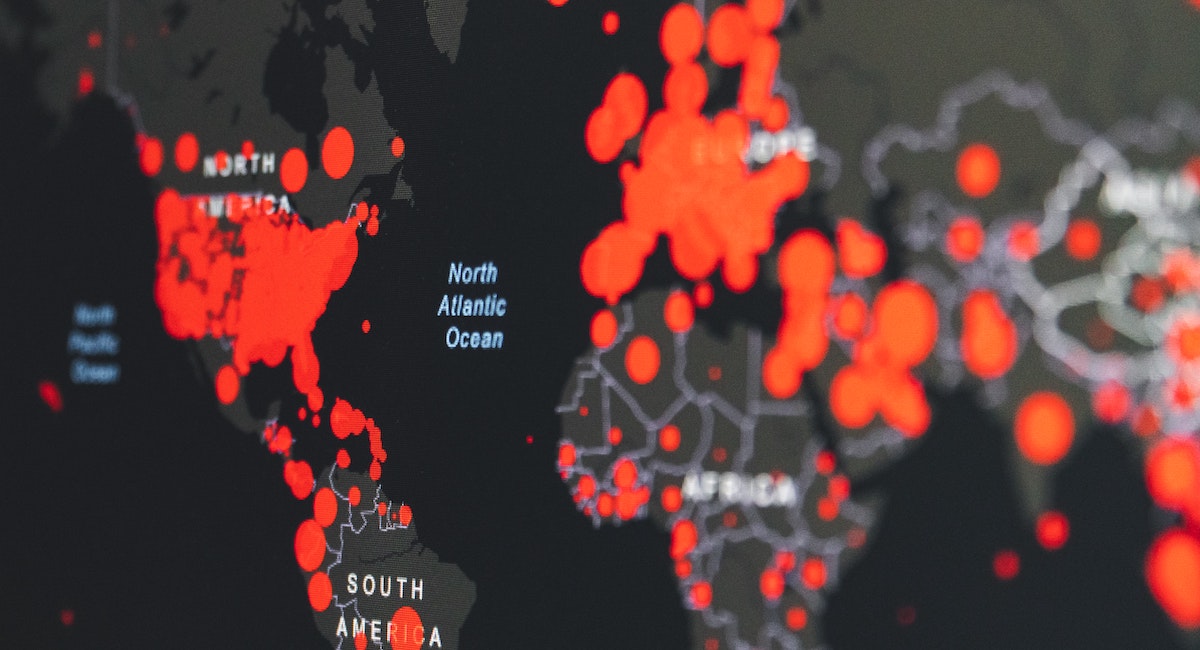
This post is part of the series 5 Questions with COVID Researchers. Hear from researchers across the Northeast United States about how they are working to mitigate the widespread impacts of COVID-19, and learn about opportunities for cross-disciplinary and cross-sector collaboration that could enable further progress in the fight against the pandemic. To learn more about COVID-related research, keep updated with virtual events and funding opportunities, and access other resources including datasets and guides, visit the COVID Information Commons. If you would like to be featured in this series, please email Katie Naum and Helen Yang.
Guest post by Dr. Bernhard Leidner, Associate Professor at the College of Natural Sciences, University of Massachusetts Amherst, and Principal Investigator on NSF Award #2028922, “Strategic Science Communication in the COVID-19 Pandemic.”
What is the problem you are trying to solve, and how will you and your team address it?
The COVID-19 pandemic is a global crisis threatening millions of lives, the economy, and national infrastructures (e.g., healthcare, housing markets, industrial supply chains, etc.). Health organizations, national governments, and local communities have introduced various measures to reduce the impact of the pandemic. In this global context, our research examines and compares people’s compliance with these measures over time, across diverse national, cultural, and political contexts. Specifically, it focuses on how different value and belief systems influence (non)compliance with containment measures as the pandemic unfolds.
What data are you working with? How will it be used?
In 21 countries/regions, a collaborative research network collects primary data from representative adult samples at three time points during the pandemic. It tracks changes in public endorsement of different values over the course of three months, and examines how these changes predict attitudinal and behavioral responses to policies and scientific recommendations. Further, the project examines the roles of country-level factors such as the severity of the pandemic, socio-economic conditions, and existing value systems in these changes.
Is your team seeking collaborators, subject matter experts, or other resources that you’d like to put a call out for?
We would be interested in potential collaborators who have expertise in and access to global COVID-19-related statistics such as infection rates, fatalities, hospitalizations, testing rates, etc. Our aim is to integrate this data with the primary data we collected for hierarchical and multilevel analyses. Further, we would be interested in working with those with expertise on the course that COVID-19 has been taking in the 21 countries we are focusing on.
How does this work contribute to the fight against the pandemic?
This research enhances our understanding of science/policy communications and their impact on public attitudes and behaviors. Ultimately, our project helps identify best science communication practices to inform and educate people about COVID-19 and similar crises.
Where can people learn more about your progress?
Please reach out to Bernhard Leidner at bleidner@umass.edu for more information or if you are interested in collaboration.

Bernhard Leidner is an Associate Professor of Social Psychology in the Department of Psychological and Brain Sciences at the University of Massachusetts Amherst.
